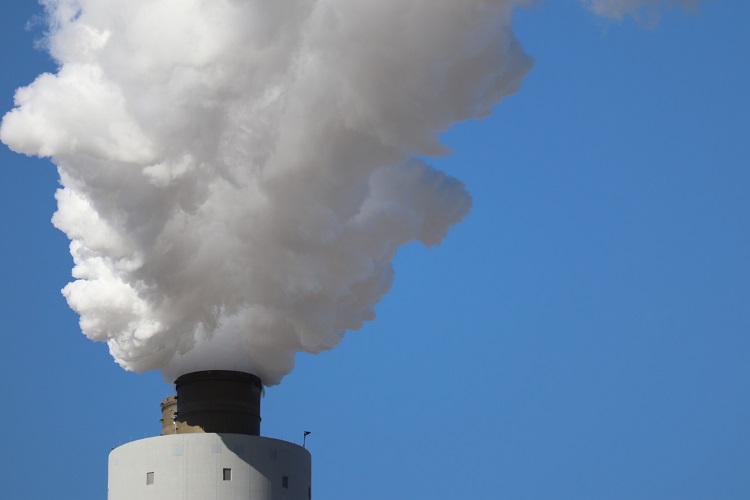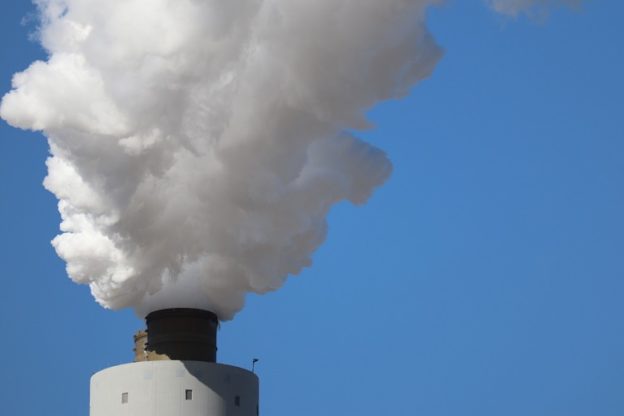You can’t miss the telltale sign of summertime: that classic spike in heat. We’re all probably feeling a little sweatier than usual, but the heat is more than just uncomfortable.
That’s because temperature is directly linked to air quality and our health – and climate change aggravates that link.

The Basics of Air Pollution
Ozone is what we more commonly refer to as smog. Particle matter (PM) is a combination of incredibly small solids and liquids in the air that can get trapped in our lungs or bloodstream. Both of these pollution sources are directly associated with increased rates of asthma attacks, heart damage, lung cancer, dementia, and even pregnancy risks.
State of the Air
The American Lung Association (ALA) recently released their 2020 “State of the Air” report, which details that nearly half of all Americans live in counties with poor air quality. The report also finds that eight of the Commonwealth’s reporting counties demonstrated more unhealthy days of ozone levels compared to last year’s report. These counties are Barnstable, Bristol, Essex, Middlesex, Norfolk, Plymouth, Suffolk, and Worcester.
One of the Culprits is Climate Change
Sources that spew greenhouse gasses, like cars and power plants, also spit out PM and ozone. As climate change continues to bring higher daily average temperatures, air pollution like ozone increases. In fact, the three years studied in ALA’s most recent report (2016-2018) comprise three out of the five hottest years in the United States, correlating with both climate change’s warming effects and the report’s findings of increased unhealthy days of ozone levels.
Differences in Impact
We all don’t feel climate change’s impacts on air quality the same. Certain vulnerable populations, such as people of color (especially Black Americans) and low socioeconomic status communities, have shown to suffer disproportionately from public health impacts like increased air pollution.
A recent systematic review makes this link even more clear. The review’s research team examined over 32 million U.S. births and found a direct connection between exposure to extreme levels of heat, air pollution, and pregnancy risks like underweight or stillborn babies. But they also found that Black mothers and babies across the country suffered these risks at a much higher rate than the rest of the population.
Breathe Easy, We Can Help
Albeit in different ways, climate change affects every one of us. Coming together to fight the crisis means acting to protect our communities, our neighbors, and our most vulnerable populations. Anyone can make a difference, here’s how:
- The EPA is rolling back environmental regulations that protect us, wildlife, and plants by refusing to hold polluting companies responsible for greenhouse gas emissions and air pollution accountable. Use your voice to oppose these rollbacks and protect the health of our environment.
- Those who suffer a greater burden from climate change and air pollution tend to be marginalized communities, like people of color. Learn more about climate change and racism and why it’s important to act on climate with equity in mind.
- Take a Climate Pledge to reduce your greenhouse gas emissions by yourself or with your friends, family, and community.
- Sign up for our newsletter, Climate Connection, for climate information, action, and community solutions. We’ll send you monthly updates on climate change and how you can make a difference.


